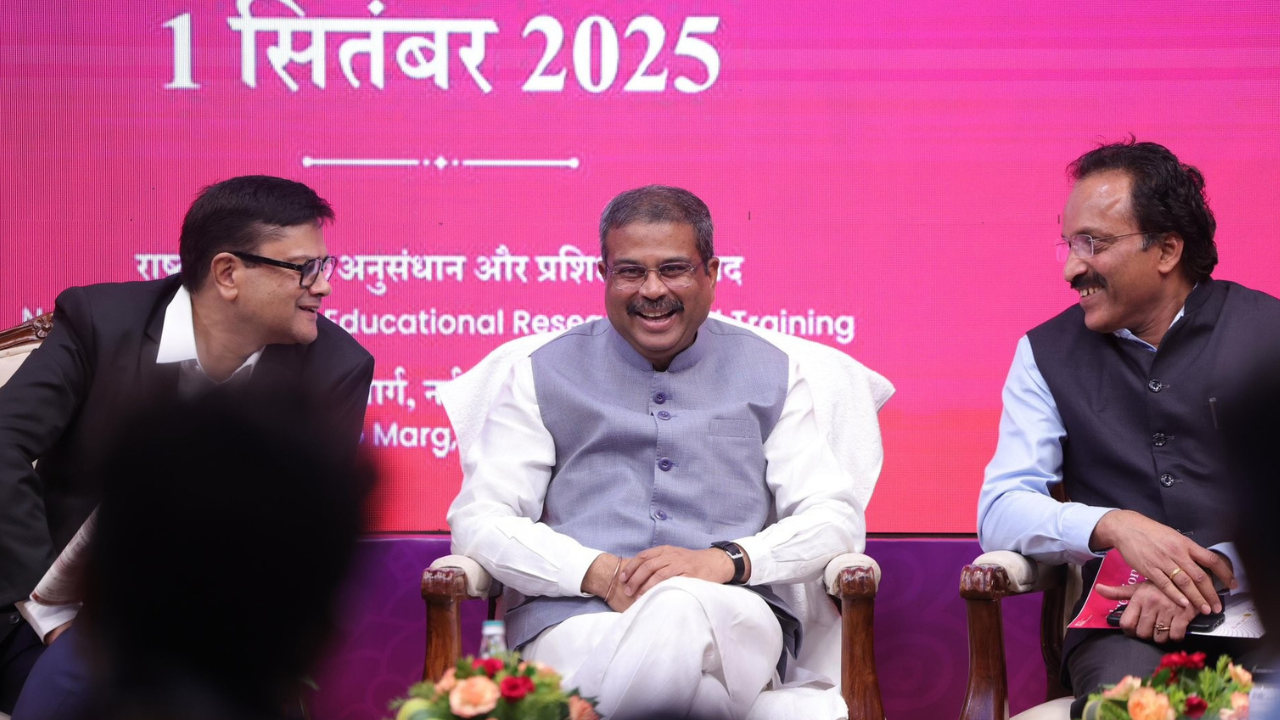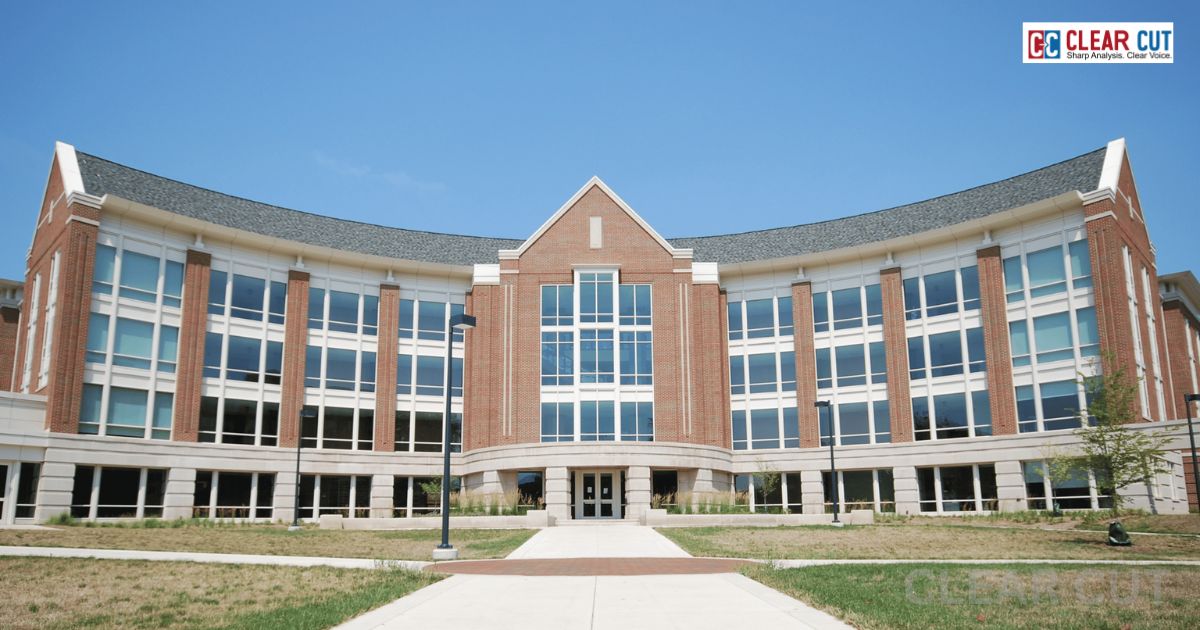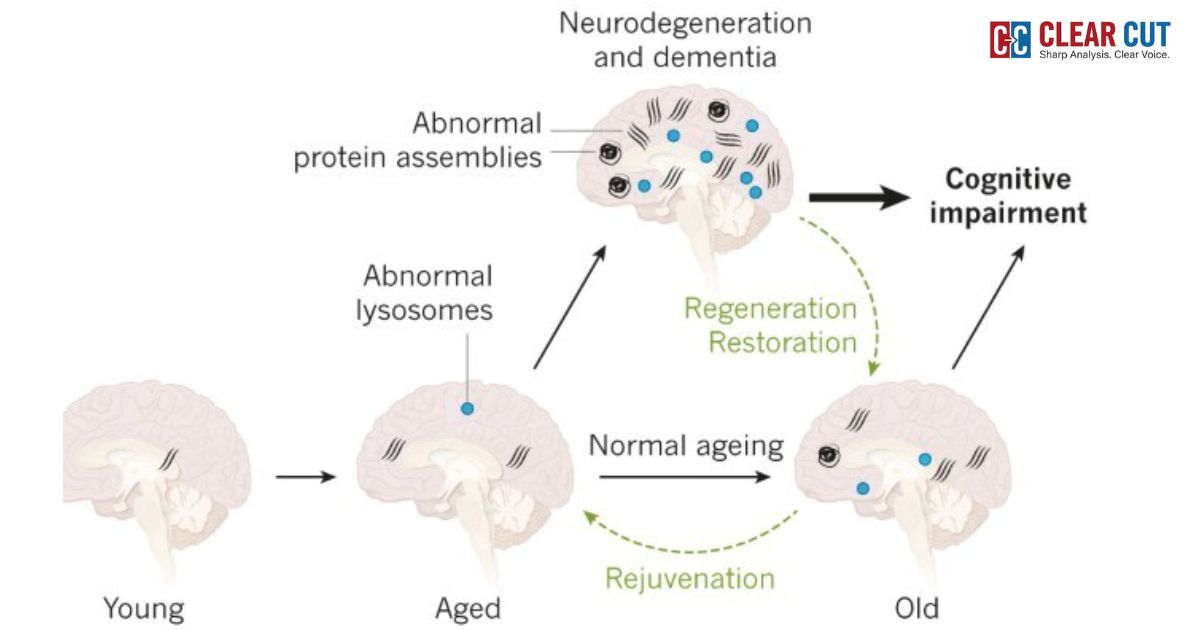(Education Minister Shri Dharmendra Pradhan with the other guests. | Photo Credit: Twitter @drpadhanbjp)
Clear Cut Education Desk
New Delhi, UPDATED: Sep 02, 2025 06:57 IST
Written By: Janmojaya Barik
The NCERT (National Council of Educational Research and Training) on 1st of September, 2025 celebrated its 65th Foundation Day with a series of new initiatives such as Bal Vatika DTH channel, DIKSHA 2.0, PM eVidya Mobile Application and many more as an attempt to enhance digital and inclusive learning in accordance with the National Education Policy (NEP) 2020.
The event was graced by the presence of –
– Union Education Minister Dharmendra Pradhan as the chief guest,
– Sanjay Kumar, Secretary (DoSE&L), Ministry of Education,
– Sreedhara Panicker Somanath , Former ISRO Chairman,
– Chamu Krishna Shastry, Chairman of Bharatiya Bhasha Samiti.
and many other eminent educationists of the country.
The event was held at NCERT’s new headquarters in New Delhi where a series of new initiatives aligned with NEP 2020 were introduced such as –
– Bal Vatika DTH TV channel – PM eVidya DTH Channel No. 35 will caters to children of age 3–6 years, as well as teachers, Anganwadi workers, and parents, focusing on foundational education and numeracy skill development for the toddlers.
– DIKSHA 2.0 – will offer structured lessons, adaptive assessments, performance feedback, and AI-powered tools like Read Aloud and text translation in 12 Indian languages.
– PRASHAST 2.0 – will be a pre-assessment holistic screening tool to identify and support children with disabilities, integrated with UDISE+, APAAR, and Swavlamban Card portals for convenience.
– Kitab Ek Padhe Anek – aims to be an initiative to create accessible, universally designed textbooks for Classes 1 and 2.
– VR labs, multilingual primers
– PM eVidya app,
– Utkal Jananinkara Sujogya Santana, celebrating 100 eminent Odia personalities and their contributions in development of Odisha and the Freedom Movement along a vocational education handbook.
“NCERT is not just an institution, it is a ‘Gyan-Kumbh’. Since inception it has traversed a long distance, particularly in nation-building through education. Today, it must embrace its role as a change leader and also don a new avatar—one that is reform oriented, tech-driven and focused on best practices.”
– tweeted Shri Dharmendra Pradhan
In the event Mr Pradhan enforced the vision have to build a Samridhh Bharat by 2047.
According to him the goal of Samridhh Bharat will be realised only when we cultivate critical and creative thinking in our students. NCERT must endeavour to promote multilingualism for fostering critical thinking in the ‘Amrit Peedhi’. It must also come up with ways to convert knowledge into competency.
While one of the most pressing challenges is the financial burden faced by economically weaker section (EWS) students. The Delhi High Court recently sought responses from NCERT, CBSE, and the Delhi government on complaints that costly textbooks are discouraging or even excluding children from low-income families from private schools. Families argue that when NCERT’s prescribed texts are bundled with high-priced supplementary materials, the goal of inclusive education under the Right to Education (RTE) Act is undermined.
Other problems such as delayed supply of NCERT textbooks. Some CBSE-affiliated schools reported problems in classes due to the unavailability of new textbooks, forcing the teachers and students to rely on outdated editions well into the new academic year. These logistical lapses not only affect continuity in classroom learning but also reduce confidence in NCERT’s operational capacity.
Taken together, these criticisms raise important questions about NCERT’s role as the custodian of primary and higher secondary educational integrity in India. The combination of financial inaccessibility, historical distortions and logistical delays, risks undermining both student trust and academic credibility of the organisation.
Only by addressing these challenges can NCERT fulfill its vision to provide every child in India with quality education rooted in fairness and accessibility.
Note: (with inputs from PIB and NCERT)




